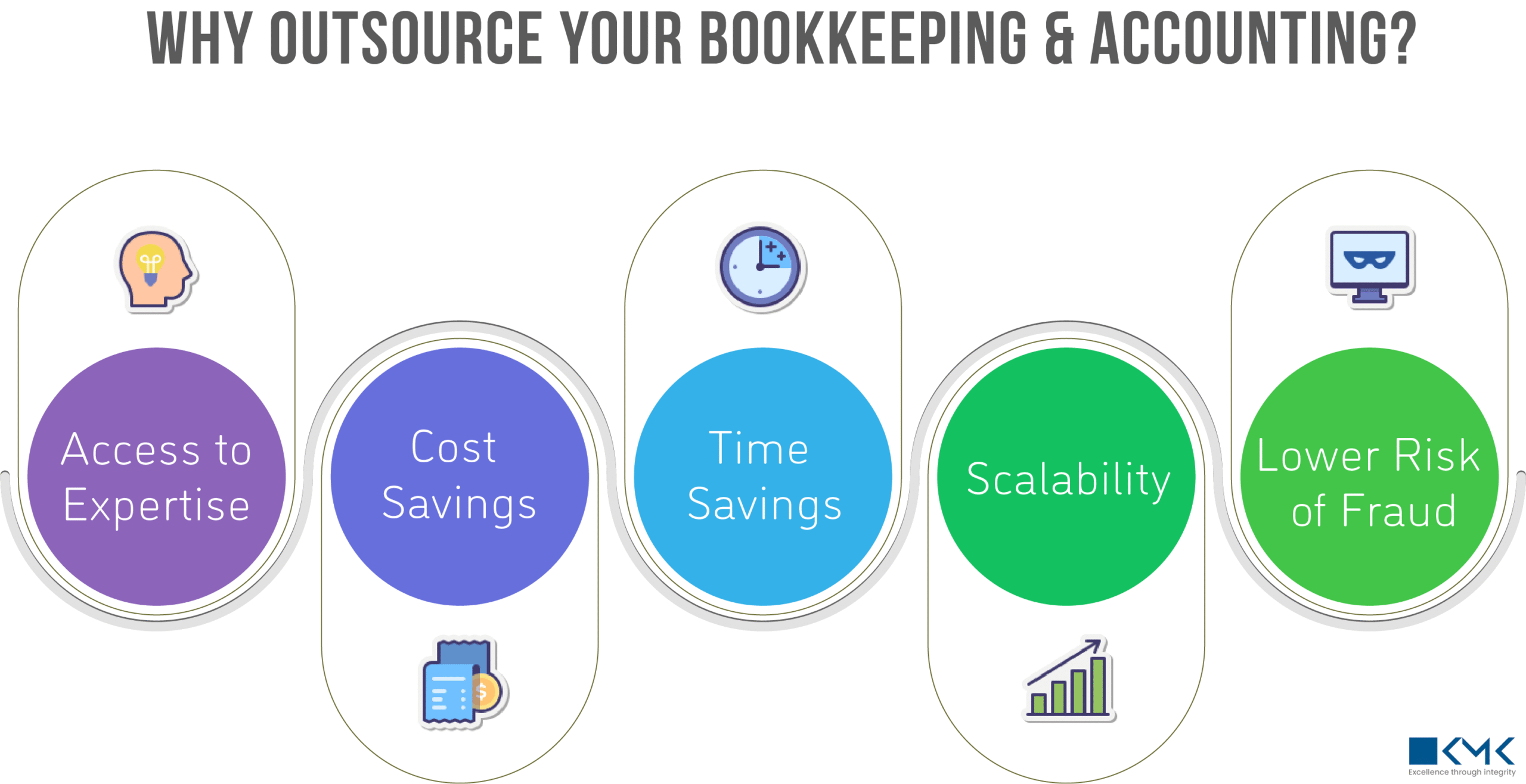For many startup founders, bookkeeping is one of those tasks that feels more like a burden than a strategic business move. Between building your product, acquiring customers, and securing funding, managing books can fall to the bottom of your to-do list.
But in 2025, more and more startups are realizing that outsourced bookkeeping isn’t just a convenience—it’s a smart financial decision.
So, is outsourced bookkeeping for startups the smartest move this year? Let’s break it down.
What Is Outsourced Bookkeeping for Startups?
Outsourced bookkeeping is the process of hiring a third-party provider (often a virtual or remote team) to manage your company’s financial records, transactions, and reporting. Instead of hiring a full-time bookkeeper or handling it yourself, you work with professionals who specialize in startup finances.
These services often include:
1.Recording income and expenses
2.Managing accounts payable/receivable
3.Bank reconciliations
4.Financial reporting and dashboards
5.Tax-ready financials
Why Are Startups Choosing to Outsource Bookkeeping in 2025?
1.Cost-Effectiveness
Hiring an in-house accountant can cost ₹40,000–₹60,000+ per month in India (or $3,000+ in the U.S.), while outsourced services start at a fraction of that. Startups with limited budgets can access top-tier financial talent without the full-time salary.
2.Time-Saving
Let’s be honest: reconciling bank statements isn’t why you started your company. By outsourcing, founders and core teams save 10+ hours a week, freeing time to focus on growth.
3.Expertise on Demand
Outsourced bookkeeping providers understand compliance, tax deadlines, investor reporting, and accounting software like Xero, QuickBooks, and Zoho Books. You get professional insights without onboarding a full-time team.
4.Scalability
As your startup grows, so do your finances. Outsourced firms can scale with you, whether you’re bootstrapped, raising seed funding, or preparing for Series A.
What Are the Long-Term Financial Benefits?
By keeping your finances clean and up-to-date, you:
- Make better budgeting decisions
- Prepare for investor pitches or audits
- Stay tax-compliant
- Avoid late fees and errors
- Build trust with stakeholders
In the long run, outsourced bookkeeping helps you avoid costly mistakes that could impact your startup’s survival.
How Outsourced Bookkeeping Supports Startup Growth
One of the biggest advantages of outsourced bookkeeping for startups is how it aligns with your business growth strategy.
In the early stages, you need lean operations with maximum output. Hiring a full-time accountant may not make sense when cash flow is tight and priorities change daily. Outsourced bookkeeping offers a plug-and-play financial team that adjusts to your pace and helps you build a strong financial foundation.
Let’s look at how it impacts different growth phases:
➤ Pre-Seed Stage
You’re still validating your idea, and expenses are minimal—but tracking every rupee/dollar matters. A virtual bookkeeping partner helps you monitor burn rate, stay compliant, and get early insights into cost-saving opportunities.
➤ Seed to Series A
Investors want clean books. Period. Outsourced bookkeeping firms provide accurate financial reports, profit/loss summaries, and due diligence-ready statements. This can help your pitch deck stand out and build credibility.
➤ Scaling Phase
Once you scale, payroll, invoicing, subscriptions, and vendor payments increase. With an outsourced partner, you don’t need to train or expand your in-house finance team. They’ll adapt to complexity and higher transaction volumes seamlessly.
Key Features to Look for in an Outsourced Bookkeeping Service
Not all providers offer the same level of service. Here’s what startups should look for:
✅ Industry-Specific Experience
Choose a firm or virtual assistant familiar with tech startups, SaaS, eCommerce, or service-based businesses, depending on your model.
✅ Cloud-Based Systems
Your provider should work with tools like Xero, QuickBooks, Zoho Books, or Wave and offer secure file-sharing and collaboration features.
✅ Transparent Pricing
Avoid firms with hidden fees or complicated packages. Look for fixed monthly plans that scale with your business.
✅ Real-Time Access
You should be able to view your financial reports anytime—preferably via an online dashboard.
✅ Integration Support
They should integrate with your CRM, payroll system, payment gateway (like Stripe or Razorpay), and inventory tools if needed.
Common Mistakes Startups Make with Bookkeeping
To avoid pitfalls, here are a few mistakes founders should be aware of:
-
Mixing personal and business expenses – always separate accounts
-
Ignoring bookkeeping until tax season – leads to rushed, inaccurate data
-
Not backing up records – cloud-based solutions solve this
-
Failing to review reports – you don’t need to be an accountant, but you must understand the basics
-
Choosing the cheapest provider without vetting them – look for expertise, not just affordability
Final Takeaway: Build a Financially Fit Startup
In the dynamic world of startups, the ability to pivot, scale, and make smart decisions is everything. And smart decisions are based on solid numbers.
By choosing outsourced bookkeeping for your startup, you’re not just delegating a task—you’re investing in financial clarity, reduced stress, and long-term sustainability.
It’s 2025. Your competitors are already outsourcing. The question is: will you lead or lag behind?
Is It the Smartest Financial Move?
For early-stage startups and fast-growing businesses alike, outsourced bookkeeping offers the perfect mix of cost savings, expertise, and flexibility. It’s no longer just a trend—it’s a necessity for financial clarity and smart decision-making.
